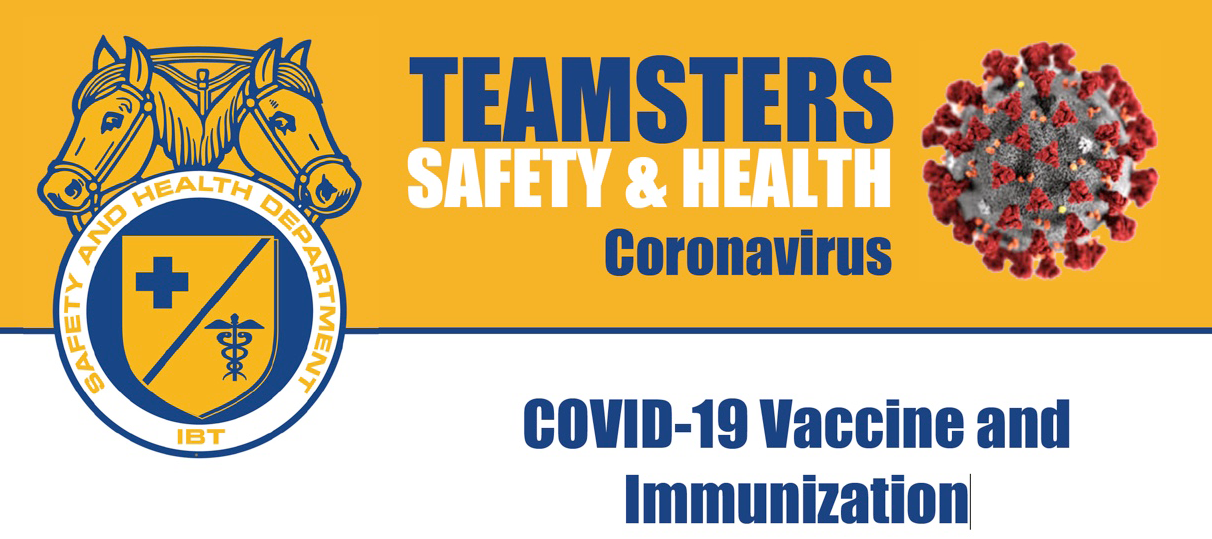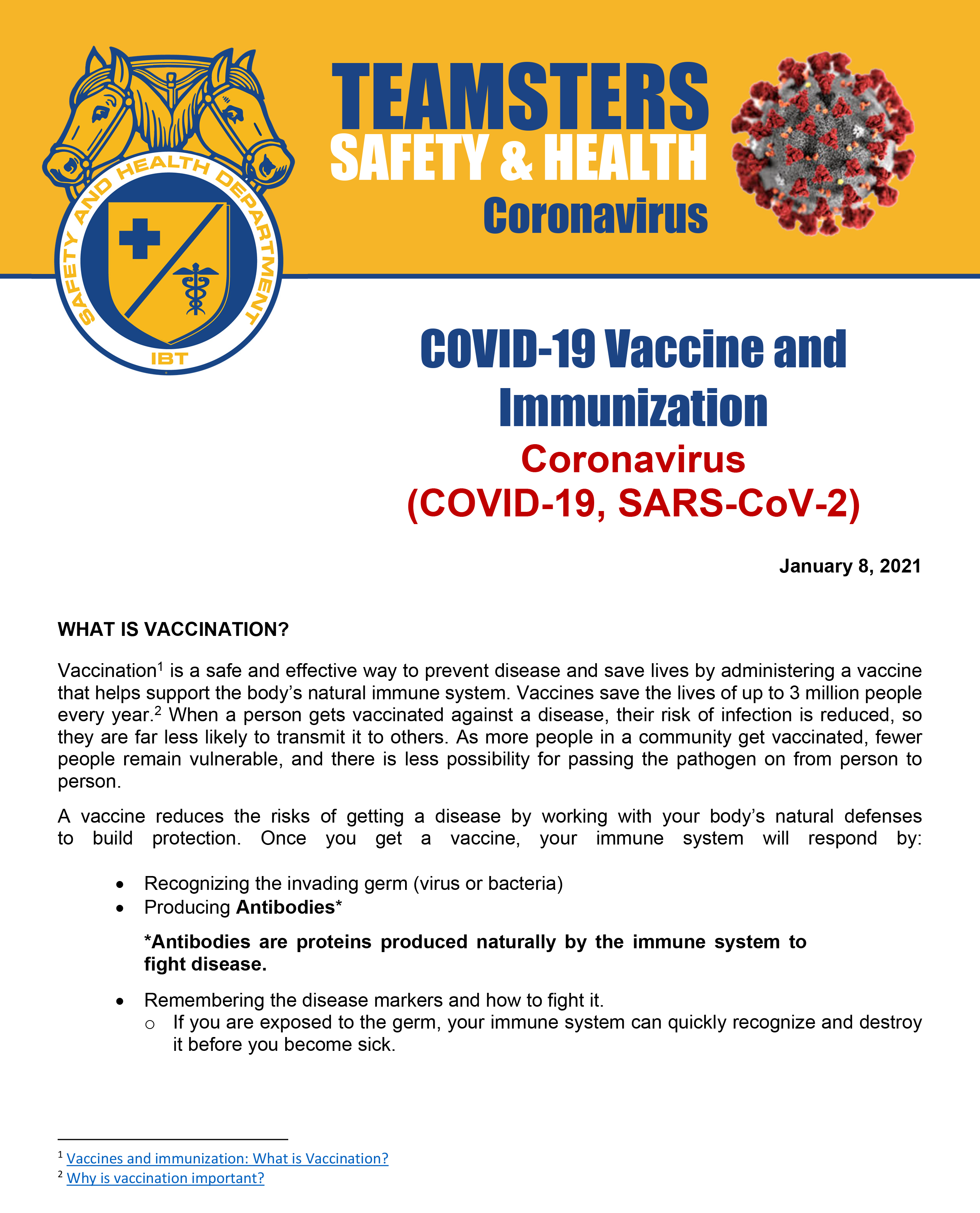
Vaccination is a safe and effective way to prevent disease and save lives by administering a vaccine that helps support the body’s natural immune system. Vaccines save the lives of up to 3 million people every year. When a person gets vaccinated against a disease, their risk of infection is reduced, so they are far less likely to transmit it to others. As more people in a community get vaccinated, fewer people remain vulnerable, and there is less possibility for passing the pathogen on from person to person.
A vaccine reduces the risks of getting a disease by working with your body’s natural defenses to build protection. Once you get a vaccine, your immune system will respond by:

The most effective way to prevent an illness is vaccination. Safe and effective vaccines have been used for more than 60 years. Acquired immunity from a vaccine may have a limit; therefore, each person should be aware of the time limit for the vaccine received.
Vaccinations have been used for years and have proven effective in protection against several pathogens and seasonal viruses such as influenza.4 Without vaccines, we are at risk of severe illness and disability from the disease. In emergency situations such as during an active pandemic, vaccinations such as the COVID-19 vaccination have been approved for emergency use authorization by the U.S. Food and Drug Administration (FDA) in advance of an anticipated full FDA authorization, which may take many months to years.
The World Health Organization (WHO) estimates that vaccines save between 2 and 3 million lives every year.
Two Key Reasons:
Archived News